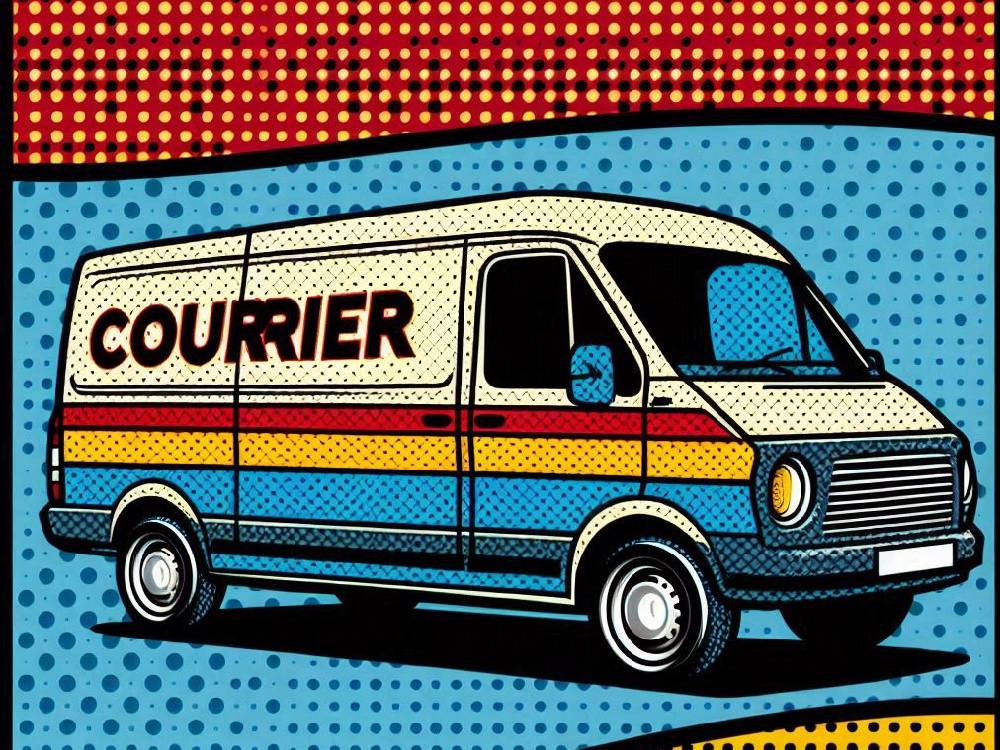Introduction
Van insurance by job title!
You might assume van insurance prices are mainly about age, postcode, or no-claims bonuses.
However, there’s another factor most people overlook — and it could be costing you hundreds every single year.
That factor?
Your job title.
Believe it or not, your occupation can drastically change how much you pay.
In fact, the wrong job title could cost you £1,300 more annually than someone doing similar work.
So if you’re wondering why your van insurance quote feels unfair, keep reading — because the answer might be hiding in plain sight.
Why Does Occupation/Job Title Affect Van Insurance?
To begin with, let’s address the obvious question:
Why does your occupation even matter to insurers?
Well, it comes down to one word: risk.
Every van driver uses their vehicle differently.
And insurers know that certain jobs come with higher risks than others.
As a result, they price your cover based on the type of work you do — not just your driving record.
For example:
If your job involves:
- Driving long distances
- Parking in unfamiliar areas
- Transporting expensive equipment
- Racing against tight deadlines
Then statistically, you’re more likely to make a claim.
In contrast, those who stay local and work regular hours tend to pose less of a threat.
Which means they get access to very cheap van insurance.
“Your job doesn’t just describe what you do. It defines how risky you are to insure.”
The Cheapest Occupations/Job Title For Van Insurance In The UK
According to data, several van-driving professions consistently receive the lowest quotes.
And the difference can be staggering.
Take a look at the top performers:
Job Title With the Cheapest Van Insurance
- Handyman
- Painter and Decorator
- Gardener
- Dog Groomer
- Window Cleaner
- Carpet Cleaner
- Joiner
- Cleaner
- Carpenter
- Builder
Many of these roles fall well below £460 a year.
So why are these jobs so much cheaper?
It’s largely because they involve:
- Lower mileage
- Fewer stops
- Non-urgent work
- Secure tool storage
- Less time on the road overall
In short, they’re lower risk from an insurer’s perspective.
And that risk reduction gets passed on to you in the form of cheaper premiums.
Still unsure how this plays out for business insurance?
Here’s how business van insurance stacks up.
Business Types That Keep Costs Down
Beyond job titles, some entire sectors fare better than others.
So if your business fits into one of the following categories, you could be in luck.
Least Expensive Business Types:
- Decorating
- Building trade
- Cleaning services
- Carpentry
- Pet services
Across the board, these sectors tend to operate:
- Locally, which limits mileage
- Predictably, which reduces driving stress
- Without high-value cargo, lowering theft risk
Consequently, insurers see them as more stable.
For instance, most decorators stay within a few postcodes, visit familiar sites, and keep tools secured.
This all contributes to fewer claims — and therefore, cheaper van insurance UK wide.
If you’re still confused about when van insurance is actually required,
this article clears it up.
The Occupations/Job Title Paying The Most For Cover
Now, let’s look at the other side of the coin.
Unfortunately, not all van drivers are treated equally.
Some professions — no matter how vital they are — carry far greater risk in the eyes of insurers.
And that risk translates directly into eye-watering premiums.
Delivery couriers top the list.
They face a median premium of £1,689 per year.
Compare that to a handyman’s £382 and you’re looking at a £1,307 gap.
But why is that?
Let’s break it down.
Couriers tend to:
- Cover large distances daily
- Operate under strict time pressure
- Make dozens of deliveries per shift
- Park in high-crime areas
- Transport expensive packages
Add it all up, and the risk of accidents, dings, and theft skyrockets.
So while the job pays, it also costs — especially when it comes to insurance.
In fact, courier work is seen as one of the most expensive van insurance categories in the UK.
In comparison, local tradespeople benefit from calmer routes, shorter distances, and predictable routines.
So it’s not about the van — it’s about how and where you use it.
Need proof of how brutal it can get for couriers?
Stress is costing you more than you think..
How To Get Cheap Van Insurance – Even With A High-Risk Job Title
So what happens if you’re in one of the expensive professions?
Fortunately, not all hope is lost.
Even if your job is flagged as high-risk, there are still ways to bring down your premiums.
Let’s explore your options.
First, Consider Installing a Telematics Device
To begin with, you could let your insurer monitor your driving habits through a telematics device (also known as a black box).
Although it might sound intrusive at first, this tool actually rewards safer drivers.
Over time, if you consistently drive responsibly, you’ll likely see your premiums drop — sometimes quite significantly.
In fact, this approach is ideal for van drivers looking to prove their low-risk behaviour, even in high-mileage jobs.
To find out how it really works, check out this detailed guide.
Additionally, Separate Your Tool Cover
Another tactic worth trying?
Split your tool insurance from your main policy.
While it might seem easier to keep everything under one roof, bundling high-value items into your van policy can actually make your premium soar.
Instead, you could reduce costs by taking out a separate tool-only policy.
Not only does this lower the insurer’s perceived risk, but it also gives you more flexible protection.
Furthermore, Review Your Mileage Regularly
Many drivers overestimate their mileage when applying for cover.
Yet if you drive less than you thought, you might be paying for risk that doesn’t exist.
So rather than guessing, track your weekly distance for a month or two.
That way, you can declare a realistic figure — which may result in a lower premium.
Just be sure to keep it accurate.
Insurers don’t like surprises.
Moreover, Reassess Where You Park
Here’s something many people overlook:
Where your van sleeps at night can massively influence your quote.
If you’ve recently moved and now have access to a driveway, secure lot, or garage, let your insurer know.
Because the difference between “on-street parking” and “locked compound” can mean hundreds of pounds in savings.
Still unsure how multiple factors like this stack up?
This article will help you navigate the details.
Bonus Tip – Don’t Automatically Renew
This might be the most important point yet.
Every year, insurers quietly raise premiums — assuming you’ll stay loyal out of convenience.
But here’s the truth:
Loyalty doesn’t pay.
Instead of accepting that renewal quote, use comparison tools to check the market.
Even better, change small policy details, like adjusting your business usage or tweaking your mileage, to see how they affect your quote.
The more you experiment, the more control you gain over your price.
And remember:
Never let your policy renew without checking if there’s a better deal waiting.
Van Insurance Is All About Risk — So Learn to Manage It
Ultimately, van insurance isn’t just about paperwork.
It’s about how you present yourself as a risk to insurers.
The good news?
You can influence that.
By managing your mileage, upgrading your van’s security, and double-checking your declared usage, you begin to take back control.
Even if you work in a higher-risk profession — like delivery or courier services — these strategies can still work in your favour.
And don’t forget:
Comparison is power.
Rather than relying on a single quote, take the time to shop around.
You’ll be surprised how much small changes can improve your options.
Conclusion
In summary, your job title plays a far bigger role in your insurance costs than you might think.
While local trades like painters, gardeners, and cleaners enjoy cheap van insurance, couriers and delivery drivers face sharply higher premiums — often due to mileage, deadlines, and theft risk.
However, as you’ve seen, there are several steps you can take to reduce your costs.
From installing a telematics device to updating your parking situation, you don’t need to feel powerless.
Instead, focus on minimising risk and maximising value — both in your work and in your policy.
So the next time your renewal email lands in your inbox?
Don’t ignore it.
Take action.
Take control.
And make sure your van insurance UK policy actually fits your life — not just your job title.
Here are a few handpicked blogs worth reading next:






